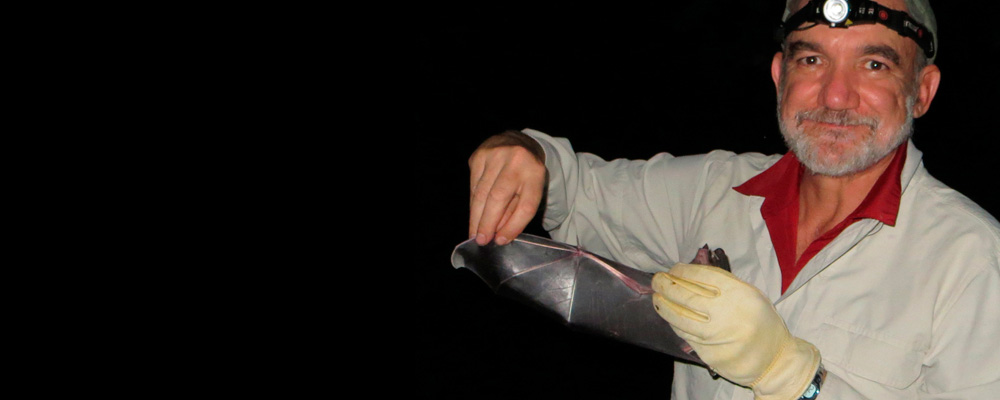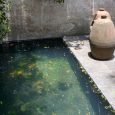
The efforts of the conservationist Rodrigo Medellín to save the minor magueyero bat are linked with the Mexican blue agave.
Do you like tequila?
Ecologist and conservationist Rodrigo Medellín wants your favorite tequila to be bat-friendly.
Bats have always been the most despised animals in the world due, in large part, to popular myths and Hollywood’s fascination with vampire bats. However, Medellín is trying to transform the perception of the bat, from a bloodsucking demon into an anonymous nature hero. Therefore, he is confident that a bat-friendly tequila (which does not harm bats) gives a great boost to the public relations of the chiropter.
In addition to consuming lots of insects that destroy crops, bats are plant pollinators; but the precious minor magueyero bat of Medellín pollinates a succulent plant similar to the cacti, called blue agave, the only plant species used to produce Mexican tequila.
Habitat destruction has been particularly damaging to the lesser magueyero bat that, in 1994, was registered as a threatened species in Mexico. By 2008, his recovery was on a very good path, thanks in large part to Medellin, a tireless defender who has been nicknamed the Batman of Mexico due to his work with bats.
More than 20 years ago, Medellín initiated an investigation to identify and ultimately help protect the caves of the minor magueyero bat. And his efforts also boosted educational programs that dispelled myths about the bat and allowed thousands of Mexicans to know the benefits it brought.
He also played a decisive role in persuading farmers to let their agave plants bloom. Before, in order to increase the sugar content of the agave, many producers cut the flowers before pollination and instead used agave clones. But after the crops were decimated by a combination of fungi and bacteria, some farmers followed the advice of Medellín and began to reserve 5 percent of their land for agave flowering.
The fields where the tequila producers have allowed the flowering of the agave, are full of food and the bats visit them; Is it a historic event? says Medellin, 58. This is how things were done six generations ago?
In 2014, Rodrigo Medellín contacted the non-profit organization Tequila Interchange Project, an alliance of producers, scientists and bartenders that advocates the traditional cultivation of agave, naturally pollinated wild agave, and other sustainable and more environmentally friendly practices.
Medellín reports that, by the end of 2016, certified tequila brands as bat-friendly will reach the United States market – the world’s largest consumer of tequila – with the labels of the Tequila Cascahuín, La Alteña, Siete Leguas, and Don Mateo distilleries.
“It is nothing less than a dream come true,” says Medellin, who expects enthusiasts to give such brands a great welcome, which in turn will lead to greater demand and elaboration of bat-friendly tequila. Will it help save the bat and tequila at the same time?



